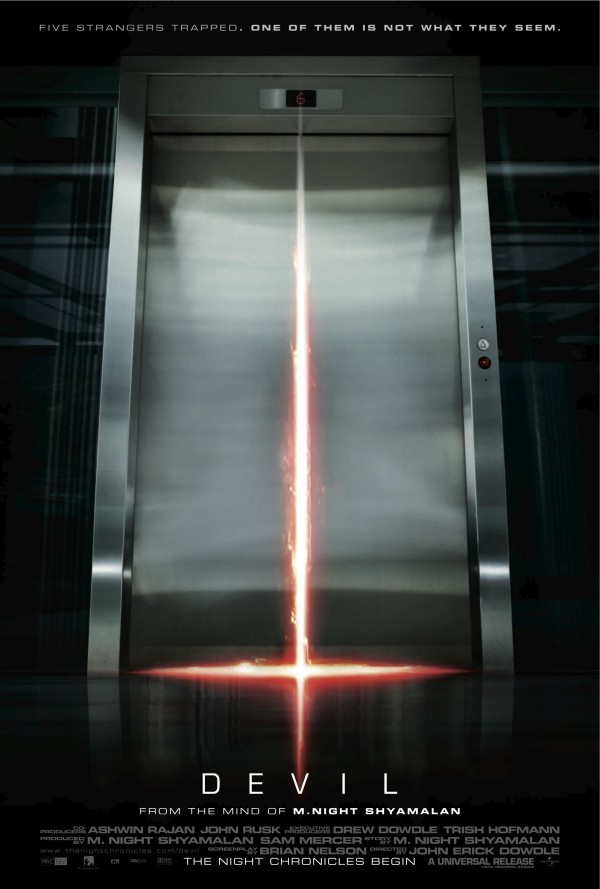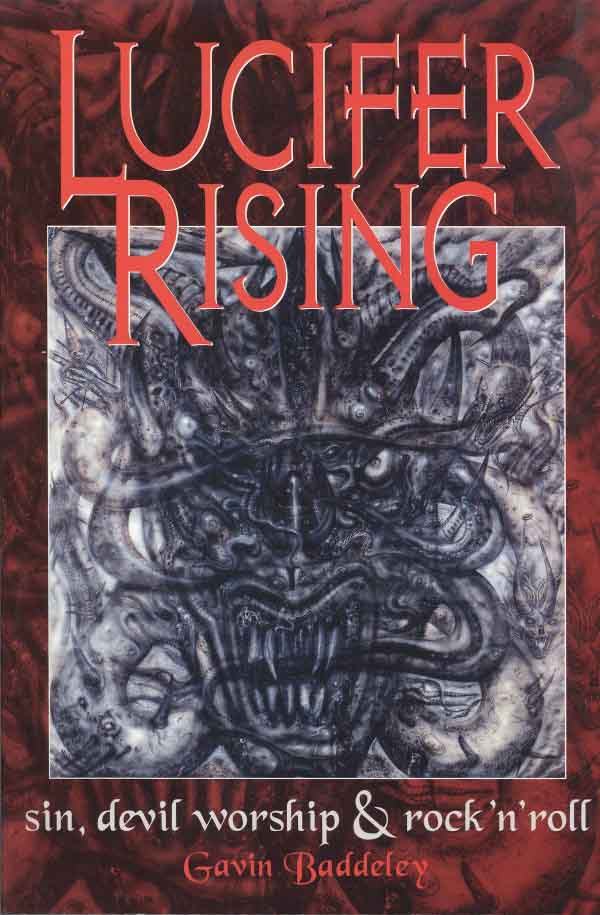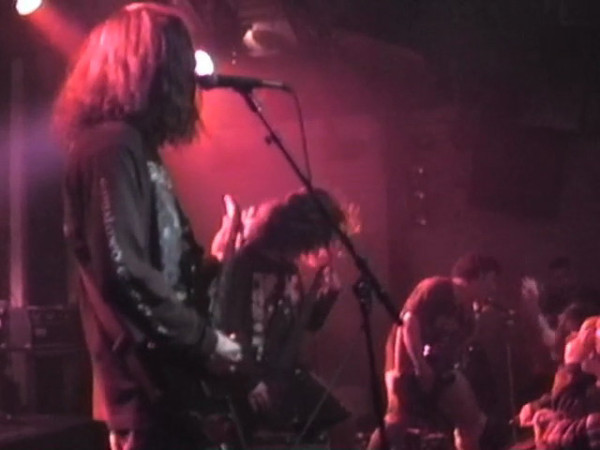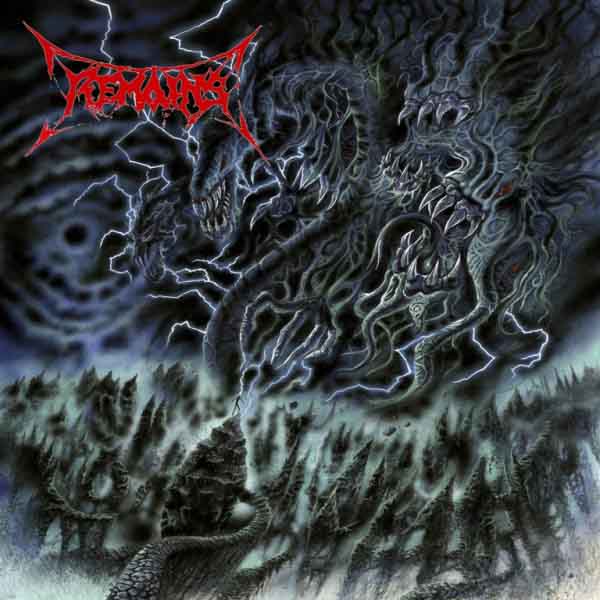For those who are not so narcissistic that they are oblivious to the fact that Western civilization is in full downfall — and only a few hundred years after we fixed everything with the Enlightenment and the French Revolution — the events in politics and the news seem like frosting on a cake. We know everything is in dysfunction, and that our leaders were elected for being entertaining, and that the end is rushing up to meet us. Death metal knew this thirty years ago and black metal formalized it.
The question of “why?” is too big for this article, but it is worth mentioning that some think it is genetic decline. All of the weird stuff in your shampoo, chemicals in the air from strange factories, preservatives in your junk food, toxic carcinogenic truck exhaust, and your genome getting hammered by bad TV and other brain-busters… maybe it all adds up. Perhaps technology is a one-way ticket to doom for all societies, and we’re not the first to invent it, and we’ll die out like the rest.
In support of this theory, I present a series of SJWs. They seem to be cut from the same cloth:
It is not just the glasses, the body weight or weird puffiness of the flesh, or even the fixed zombie stare that comes of repeating the same non-solutions in the face of your society coming apart at the hinges. No, it’s as if they share some kind of genetic similarity, a mutation like Down’s syndrome or Mongoloidism. Is it a virus? Or simply broken-down DNA?
They don’t help by dressing in the most ugly unisex fashion that retains its ugliness on both sexes, or by doing their best to look intently like both victims and V.I. Lenin in that famous “forward into the future poster” at the same time, both assertive and hurt. But beneath all of that, it’s like they are an alien species among us.
The fanaticism is obvious, that’s certain. But so is a kind of doubt, as if saying “I’m beautiful” doesn’t actually make it so. The sort of doubt that comes when reality peeks in around the edges of ideology and says, “Peek-a-boo! All the stuff you’re saying… it won’t fix anything. And you’re miserable and drink yourself to sleep five nights a week, after pigging out on TV dinners and individually-wrapped bon-bons.”
In these faces there is something horrifying. They are not happy. They are not even content, or halfway joyful about life. They are hurt, angry and resentful. They are on a mission to destroy. The world has injured them and they are chronically unhappy, grasping for power as if it will fill the void in their souls (that, alas, eating 412 pies did not fill). These people are a joke. They are miserable angry vandals screaming like monkeys in a desperate attempt to both avoid the obvious, and make themselves feel better about their utter insignificance in the face of it.
Smile for the camera! Smile big and show us what’s inside! Oh wait, nothing but worms and bitterness. Well, then do your best to look like some kind of squash. People like squash. You want people to like you, don’t you? No, you want them to serve you. To bow at your every whim, and bring you pies and bon-bons when the inner weeping gets so bad that a gallon of box wine can’t put it to rest.
57 CommentsTags: gamergate, metalgate, sjws, tarantulas, ugly

















